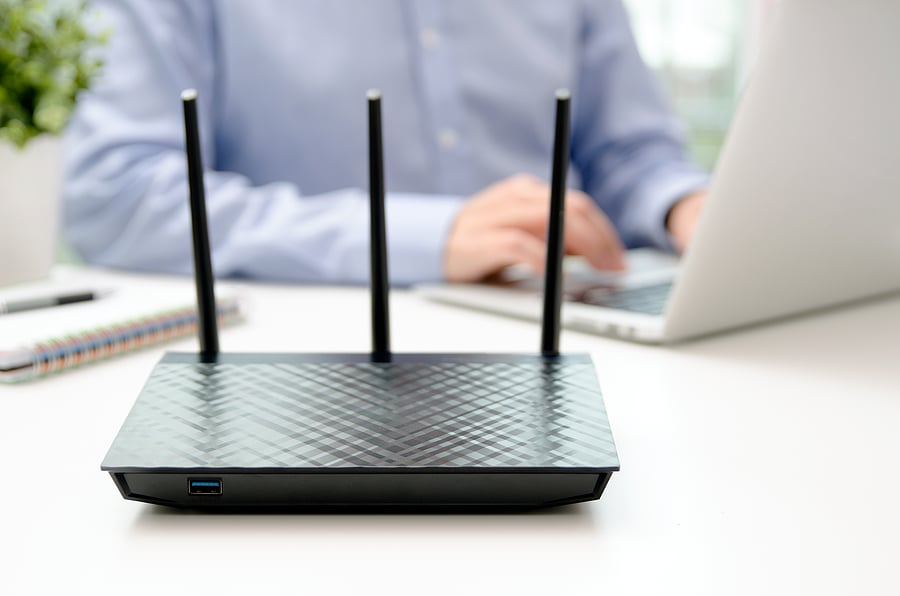In recent years, the United States has taken a firmer stance on Chinese technological products and services, specifically citing cybersecurity concerns and potential risks to national security. The latest target in this crackdown is TP-Link, a popular Chinese brand of home Internet routers that the U.S. government is considering banning due to fears of its connections to cyberattacks posing a threat to national security.
The significance of routers in today’s digital age cannot be overstated. These devices have evolved from being a technical luxury to an essential necessity in modern life, connecting homes and offices to the internet. With more than 1.2 billion routers estimated to be in use worldwide by 2024, it is clear that the demand for efficient connectivity is growing in our increasingly interconnected world. In developed countries, routers have become smart devices with advanced security systems, support for Wi-Fi 6 networks, and compatibility with the Internet of Things (IoT). However, less developed regions still face challenges in adopting these technologies due to limited infrastructure and high access costs.
Among the top brands in the router market, TP-Link, Netgear, and Huawei stand out as leaders in providing connectivity solutions to consumers worldwide.
The news of the potential ban on TP-Link routers in the U.S. has sent shockwaves through the industry. With a 65% market share in the country, TP-Link is a major player in the router market and holds a significant position in the U.S. consumer electronics sector.
Reports have revealed that multiple federal agencies, including the Departments of Commerce, Defense, and Justice, have launched investigations into TP-Link. The concerns stem from allegations that TP-Link routers have been linked to cyberattacks and pose a risk to national security. In response, the sale of TP-Link products could be banned next year when the new president, Donald Trump, takes office.
The Department of Commerce has reportedly issued a subpoena to TP-Link as part of the investigation, indicating the seriousness of the allegations against the company. Despite being Amazon’s top choice for routers and providing communication systems for the Department of Defense and other federal agencies, TP-Link is facing scrutiny over its alleged connections to cyberattacks.
The concerns surrounding Chinese-made routers gained traction in October when Microsoft published a cybersecurity report highlighting a hacker network exploiting compromised TP-Link devices. The report revealed that Chinese cybercriminals were using TP-Link routers to launch ransomware and other cyberattacks, prompting U.S. government investigators to look into the matter. It is believed that TP-Link’s failure to address vulnerabilities in its products has allowed hackers to exploit these weaknesses for malicious purposes.
In response to the allegations, TP-Link has expressed willingness to collaborate with the U.S. government to demonstrate its security practices and commitment to the American market. However, cybersecurity experts claim that the company has been unresponsive to reports of vulnerabilities in its routers, leaving customers at risk of cybercrimes.
The federal government’s scrutiny of Chinese technology extends beyond TP-Link, as reports indicate an upcoming trade investigation into Chinese semiconductors. This investigation could result in tariffs or other measures targeting older-model chips containing products that could pose national security risks.
Overall, the potential ban on TP-Link routers in the U.S. underscores the growing concerns over cybersecurity and national security risks associated with Chinese-made technology. As the digital landscape continues to evolve, the need for secure and reliable connectivity remains paramount, driving governments to take proactive measures to protect their citizens and critical infrastructure from emerging threats.


